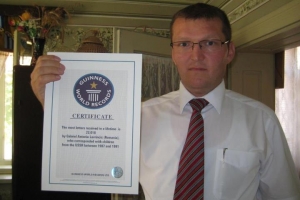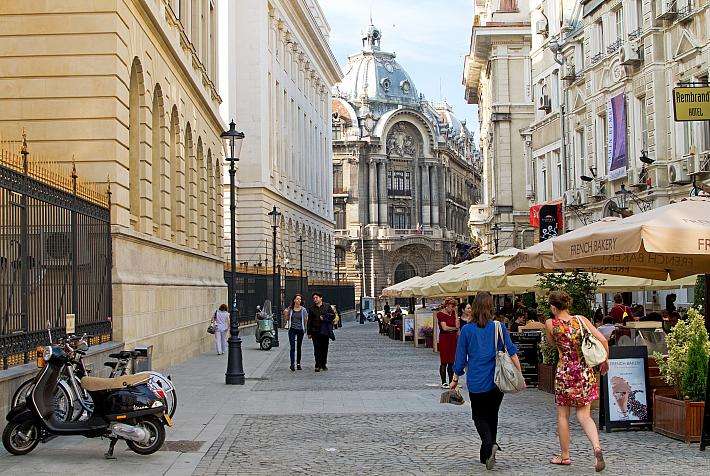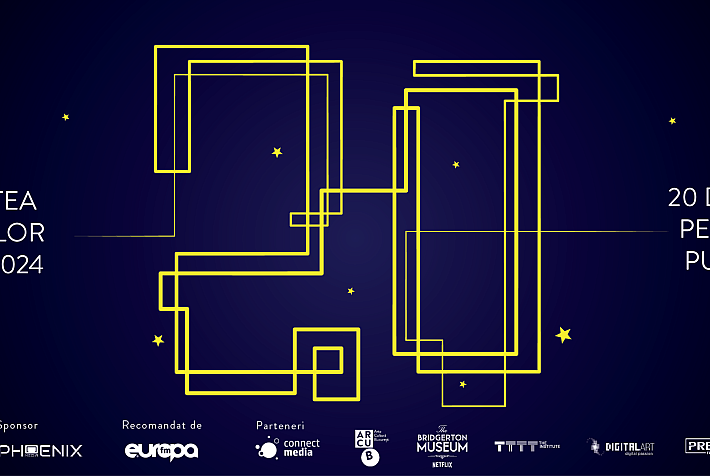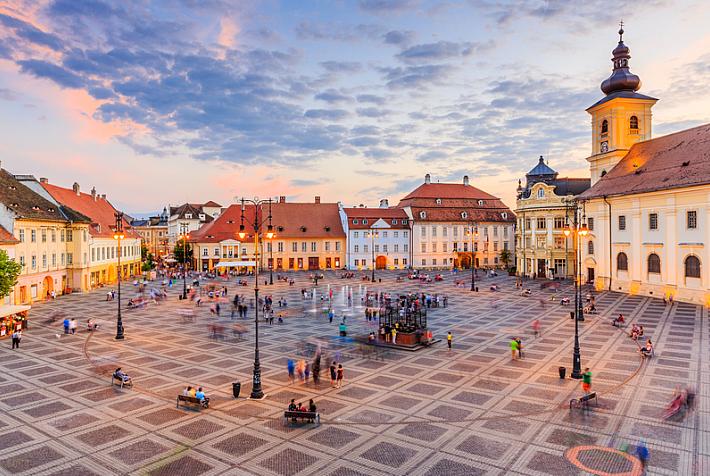Romanian holding world record for letters received by post wants to create National Museum of Letters
 A Romanian who holds the world record for the most letters received by a single person plans to create a museum using his letters. Gabriel Antoniu Lavrincic, now aged 36, started writing letters in Russian to pen friends in what was then the USSR when he was 11 years old. According to Gabriel, who is from Transylvania, he received “millions of letters,” over the years. Sadly, the ravages of time have destroyed the vast majority, but the 22,018 clean, stamped letters that met Guinness Book of Records criteria were enough to give Gabriel the world record (in picture, above).
A Romanian who holds the world record for the most letters received by a single person plans to create a museum using his letters. Gabriel Antoniu Lavrincic, now aged 36, started writing letters in Russian to pen friends in what was then the USSR when he was 11 years old. According to Gabriel, who is from Transylvania, he received “millions of letters,” over the years. Sadly, the ravages of time have destroyed the vast majority, but the 22,018 clean, stamped letters that met Guinness Book of Records criteria were enough to give Gabriel the world record (in picture, above).
He says writing the letters helped him improve his Russian but, more importantly, says Gabriel, is that he discovered “the secret of communication. My pen fiends and I wrote about culture, history, sport, music, books, actors, foreign languages, the universe, nature, animals and politics.” Gabriel describes how he used to translate Romanian news and exchange postcards, stamps, coins, posters, photos, magazines and tapes, to help his pen friends learn more about his country, Romania.
Gabriel (in picture, below) says that during a four year period he wrote on average between 20 and 80 letters a day. He believes the experience was a vital part of his education that his given him a facility with meeting people from different places and cultures. As if all those letters weren't enough, Gabriel also speaks 10 languages.
Gabriel always felt a responsibility towards his correspondents, who were awaiting replies to their letters. “I was sitting at my table writing letters and watching the children from my street playing different games outside. It was so tempting for me to go and play with them that I could barely keep on writing. The only thing that made me not to go outside was the thought that the letters are much more important than the games. At that time I realized my responsibility before every friend of mine waiting a reply to each of their letters. So, consequently I covered the window with a curtain to block the temptation,” he says.
Gabriel Antoniu Lavrincic says his love of languages, and in particular Russian, was inspired by his grandfather, who was a prisoner in a Russian POW camp during WWII. Gabriel's grandfather became friendly with his captors and learned Russian, which he later taught to his grandson.
Soon, Gabriel hopes to open a National Museum of Letters to exhibit his collection. He is, unsurprisingly, passionate about the hand written letter, even in this age of digital communication. He hopes to use the museum to inspire people around the world to maintain the age old tradition of the hand written letter. “A letter written by hand has more emotional power, the message is stronger and expression is higher,” says Gabriel.
Letters also provide an invaluable historical resource, recording both great events and the intimate details of past lives. From the letters of Cicero to the correspondence of the Marchioness de Sevigne, Elizabeth Barret and Robert Browning, Jane Austen, Ernest Hemingway and the letters to loved ones from soldiers, the hand written letter has an important place in our history.
Liam Lever, liam@romania-insider.com
photo source: Gabriel Antoniu Lavrincic















